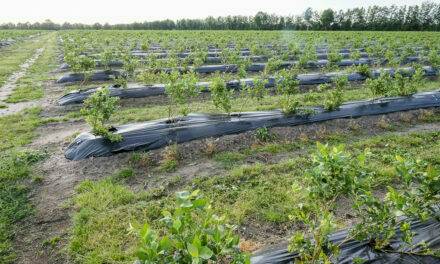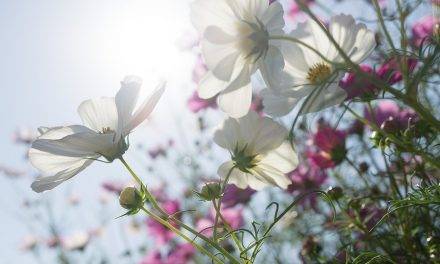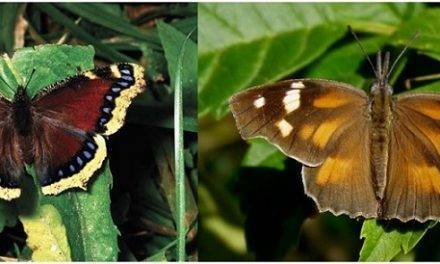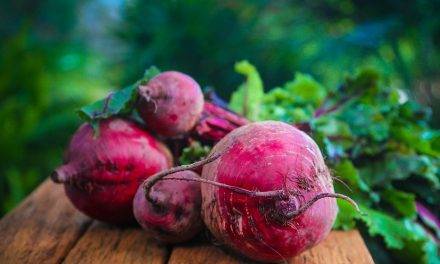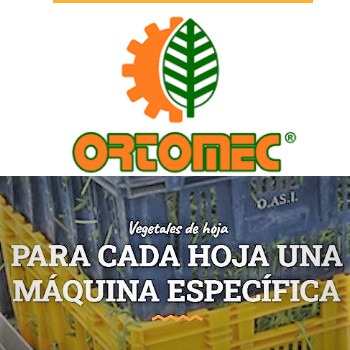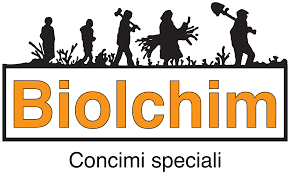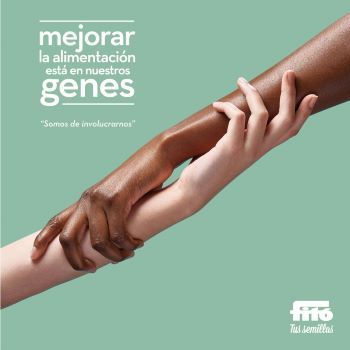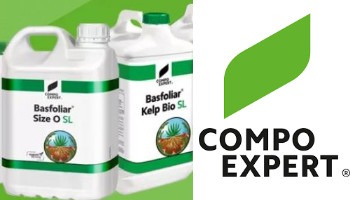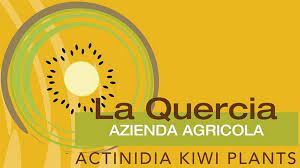
Gene manipulation using algae could grow more crops with less water
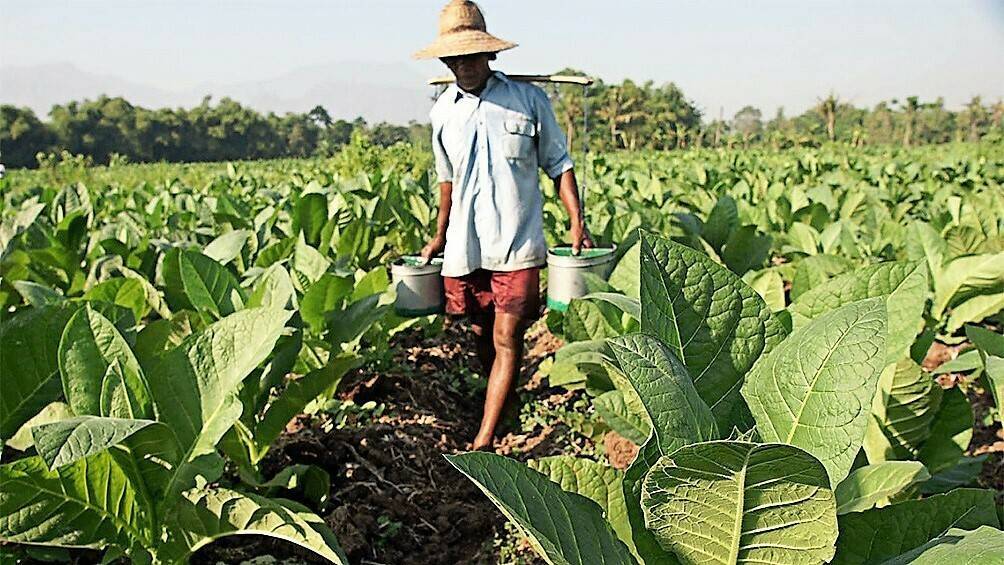
Enhanced photosynthesis holds promise of higher yields in a drought-afflicted future
Tobacco plants have been modified with a protein found in algae to improve their photosynthesis and increase growth, while using less water, in a new advance that could point the way to higher-yielding crops in a drought-afflicted future.
The technique focuses on photosynthesis, the complex process by which plants are able to use sunlight and carbon dioxide to produce nutrients that fuel their growth. Enhancing photosynthesis would produce huge benefits to agricultural productivity, but the complexities of the process have stymied many past attempts to harness it.
In research published in the journal Nature Plants, scientists used genetic manipulation processes to increase an enzyme that already exists within the tobacco plant, introduce a new enzyme from cyanobacteria, and to introduce a protein from algae.
When the plants were modified in this way, their ability to convert light energy efficiently into chemical energy increased significantly. To the surprise of the researchers, the transgenic plants also needed much less water to produce the higher yields.
Having proved the concept in tobacco plants, the scientists, at the University of Essex in Colchester in the UK, hope to further refine the technique and adapt it to crops, targeting soybeans, cowpea and rice. The development could help to ease some of the pressures the world is facing, in the climate crisis and the need to grow food more efficiently.
Patricia Lopez-Calcagno, a co-author of the paper, said: “The global population is increasing, and that means we need to grow more food. We are also seeing the effects of climate change, creating more extreme weather, so we will have more droughts. That means we are going to need to make better use of water. We need more crops from the same amount of land, and with less water.”
Cracking the problem of how to increase photosynthesis was a core scientific goal, added Christine Raines, a professor of plant biology at Essex University and another of the paper’s authors. “This is the most fundamental process on Earth – without photosynthesis there would be nothing,” she said. “All the food we eat, the plants and the food our animals eat, comes from this primary process. We understand a lot about it, but it involves a huge number of individual steps.”
Solving the same problem by using conventional plant breeding techniques might eventually be possible, said Lopez-Calcagno, but would take many decades. By introducing a gene from algae, the researchers were able to take a shortcut that was not available to nature, she said.
While GM crops are subject to an effective ban in Europe, the dangers that some people have perceived in genetic modification were quite different from the sort of genetic manipulation that has been used in creating the enhanced photosynthesis that the Essex team achieved, she said.
“I do not think there is anything to worry about from this,” Lopez-Calcagno said. “GM has had a really bad press as it was associated with big corporations taking power away from farmers, and with the overuse of herbicides. But that is not the case here.”
The research was publicly funded, including by the Department for International Development, and any resulting developments will be made available to developing countries for free or at no profit. “The people who need it will be able to access it,” said Lopez-Calcagno.
The Essex research began in 2013, and it is likely to take another five to 10 years of development to get to the point of growing crops that use the technique.
Algae has shown promise for other uses of photosynthesis, including capturing and storing carbon dioxide. Research labs are working on using algae as a biofuel, as a food, and as an additive that could cut methane emissions from livestock.
Source










